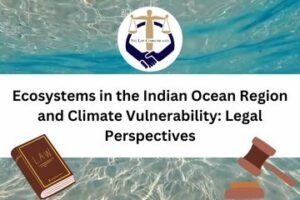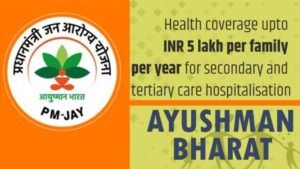Written By: Khushi Gupta
Right to form association or unions
Introduction
In the words of Aristotle, a man is a social need, he needs social interactions to live a life of quality. The question that arises here is whether the need for social interaction is great enough for it to disrupt the quality of life for a man? Is it reasonable that the need to associate be granted legal protection?
With that being said, does a man have an obligation to limit himself to reasonable conduct and act with discipline when forming an association, or can he be left alone to use the power of a group or an association to create demand as outrageous as can be? So if a right like the right to form associations is there, the most reasonable step would be to mark its extent, and what happens when the transgression takes place.
Constitutional perspective
The right to form associations and unions is in fact a fundamental right under the constitution article 19 (1)(c) it was discussed at length in the case of Damayanti v. Union of India 2003 (3) ARBLR 530 Delhi. The court heard the case where the validity of Hindi Sahitya Sammelan Act, 1962 and ruled that any association formed voluntarily and they are given a full out too are the right type of associations.
The constitution grants this as a fundamental right because of the importance the interactions hold, but at the same time it makes being part of an association a completely voluntary decision, the people are as much as free to NOT join an association as much as they are free to join one. The constitution recognizes and stresses the fact that people need to engage in a healthy environment with people from different spheres.
Legislative perspective
The legislation made the act with the purpose in mind, and it was to provide freedom to people who wish to form associations and unions, but they were fore-sighted with the potentially harmful effects that this right could have on people. And for this purpose, while the right to association includes the right to form companies, societies, partnerships,, trade unions and political parties the right is governed by reasonable restrictions.
If an individual’s right to form associations has the potential to disturb the national sovereignty or integrity of the country, or if it affects the attempt of authorities to keep the nation peaceful and maintain order or even if it simply goes against the set morals of the country it will be allowed to restrict under the reasonable restrictions in the constitution.
Judicial perspective
In O.K.A . Nair v. Union Of India, an important question arose whether “ civilian’’ employees, designated as ‘ non – combatants’ attached to the Defence Establishments, have a right to form associations or unions? The Supreme Court in this case held that the civilian employees of the Defence Establishments answer the description of the members of the Armed Forces within the meaning of Art 33 and, therefore, were not entitled to form trade unions and instead they were to follow or accompany the Armed Personnel on active service or in camp or on the march.
Haji Mohd. v. District Board, Malda, it was held that a restriction requiring a teacher to take prior permission to engage in political activities is a reasonable restriction.
Conclusion
The right exists fair and square as it should and has been limited with some reasonable restrictions as the situation demands. So, as the people have the right to for their associations limited in some scenarios as has been ruled in the courts of India. Thus the responsibility of maintaining the sanctity of this right goes for both the government and the people, and while the right has been given its due respect in all the three horizontal organs of the country, namely the legislature, judiciary, and executive, the right has to respected by the people who enjoy this, they must conform to discipline, respect and care for others and their rights while enjoying their own.
Previous Posts
The International Criminal Court as a Court – An Evaluation
Victims of crime: Restoration and Legal care under Indian Criminal Jurisprudence
Invasion of privacy right by visual media and need for its regulation




